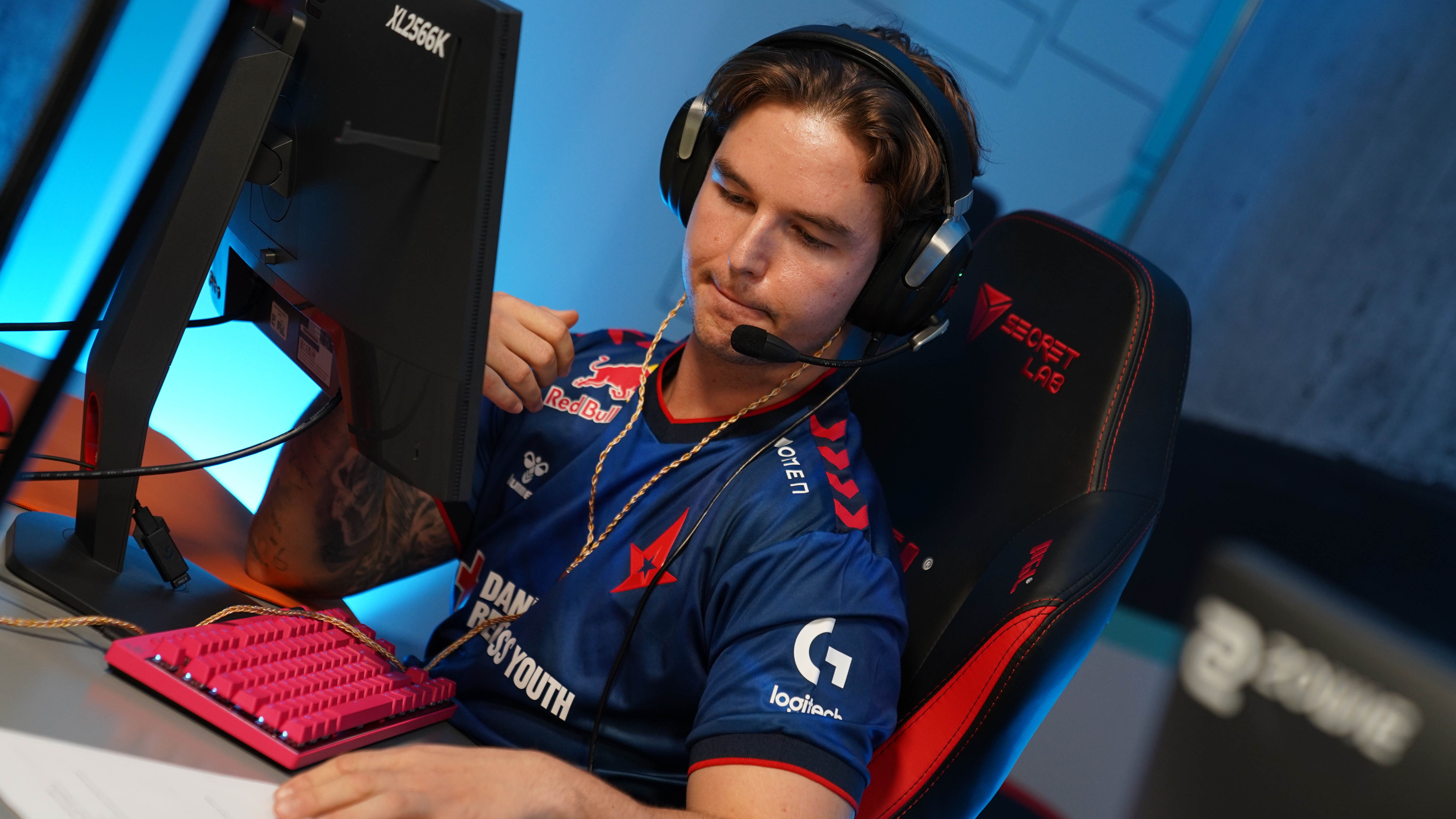Bodrum Escapes: Your Guide to Luxury and Leisure
Explore the best of Bodrum with exclusive insights and tips for an unforgettable experience.
Leading from Behind: The Secret Life of a CS:GO IGL Revealed
Uncover the untold secrets of a CS:GO IGL. Discover the strategies, mindsets, and challenges of leading from behind in competitive gaming!
What Does it Mean to Be an Effective IGL in CS:GO?
Being an effective IGL (In-Game Leader) in CS:GO involves a deep understanding of game mechanics, team dynamics, and strategic planning. An IGL is tasked with making crucial decisions during matches, including adjusting tactics based on opponents' playstyles and in-game situations. This role requires not only strong leadership skills but also extensive knowledge of maps and player capabilities. An effective IGL must be able to communicate clearly and decisively with teammates, ensuring that everyone is on the same page and understands their roles within the planned strategies.
Moreover, an effective IGL must possess the ability to adapt and evolve with the game's ever-changing meta. This means continuously analyzing gameplay trends, studying opposition tactics, and integrating new strategies into their team's playbook. The significance of an IGL extends beyond mere tactics; they must also foster team cohesion and morale, often acting as a mentor to younger or less experienced players. Ultimately, the success of a team's performance in CS:GO frequently hinges on the effectiveness of its IGL, making this role one of the most vital in achieving competitive success.

Counter-Strike is a popular first-person shooter game where teams compete to complete objectives or eliminate the opposing team. Players can choose a variety of weapons, including the dual berettas, to enhance their gameplay experience. The game is known for its strategic depth, team coordination, and competitive scene.
The Art of Strategy: How Top IGLs Shape Game Dynamics
In the realm of competitive gaming, the in-game leader (IGL) plays a pivotal role in shaping the dynamics of gameplay. Top IGLs possess an exceptional understanding of not only the game's mechanics but also the psychological aspects of their team and opponents. With a keen sense of strategy, they craft plans that adapt to the evolving landscape of the match. Effective IGLs often draw on past experiences to anticipate enemy movements, ensuring that their team remains one step ahead. Notable tactics include map control, resource management, and enemy prediction, all of which constitute the backbone of their strategic approach.
Moreover, the ability to communicate and foster teamwork is another hallmark of successful IGLs. They thrive in high-pressure situations, constantly adjusting strategies and providing motivation to their teammates. As part of their strategy, top IGLs emphasize the importance of clear communication and role assignments, ensuring that every member of the team understands their responsibilities. This synergy not only bolsters team performance but also creates a resilient atmosphere, capable of overcoming adversities. In conclusion, the art of strategy as demonstrated by elite IGLs significantly influences game dynamics, making them central figures in the quest for victory.
From Clutch Plays to Team Morale: The IGL's Role Beyond Footage
The In-Game Leader (IGL) plays a crucial role that extends far beyond mere gameplay strategies and recorded footage. While clutch plays are emblematic of an IGL's skill, it is their ability to adapt, inspire, and communicate that truly defines their impact on the team's success. The IGL is often tasked with analyzing opponents in real-time, making split-second decisions, and redirecting the flow of the match. These responsibilities come with a significant psychological burden, requiring a strong mindset to lead effectively. This leadership fosters an environment where players feel supported, which is fundamental to enduring team synergy.
Moreover, the influence of an IGL on team morale cannot be overstated. They serve as both a tactical guide and a source of motivation, ensuring that each team member is engaged and performing at their best. Positive reinforcement and constructive feedback from the IGL can uplift the team’s spirit, particularly during tense moments. As the players look to their IGL for guidance, the emotional and strategic dimensions of their role converge, making them integral to not just winning rounds but also cultivating a resilient team culture. This duality showcases the complexity of the IGL's position — they are the heartbeat of the team, where morale meets effective gameplay.